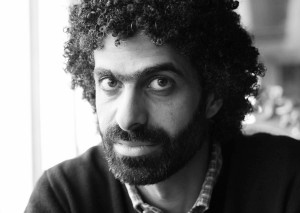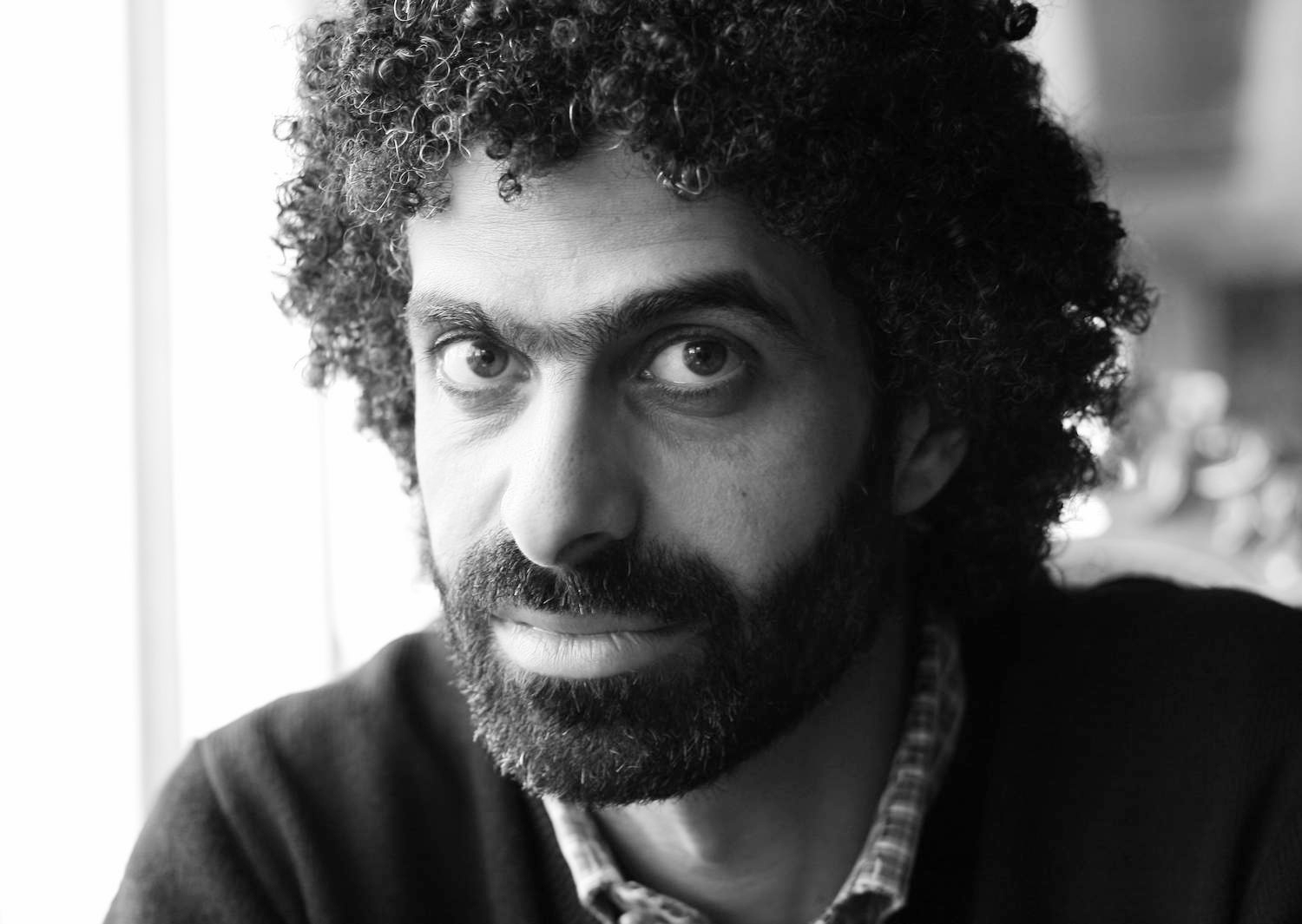
Unlike most Europeans, Belgians are shy to ask for better services, not only in public institutions, but even in the private sector. If a Belgian has trouble getting service, or buying a product, he or she won’t make a fuss. They’re polite. The service provider will apologise and everyone will go off on their way. This is how things are mostly done in this country.
Over the past two years I’ve been a frequent visitor to Belgium, staying for extended periods as part of my doctoral research. Until today, I didn’t have an answer to an important question: as a non-European foreigner, do I have access to national health care? My university department had no answer, neither did the administration.
I decided to buy private medical insurance that would give me health coverage in all of Europe. Absurdly enough, as an Arab doing research at an international university, where I was told English is one of the main languages, and living in a city that mainly speaks French, the documents for my insurance were in Dutch. After completing the application process and settling the bill, my medical insurance agreement turns out to be nothing more than medical insurance for travellers. Oh, and it’s valid everywhere in Europe except Belgium.
Did I fight? No! The woman helping me with my queries was in her fifties. She was extremely polite. “Sorry, I don’t know,” she said, several times.
I know how to navigate the obstacles in the failed bureaucracy of my home country, Egypt. Unlike some people, I don’t pay bribes. I’m always patient, even friendly, with public servants. I ask them for their advice and “wisdom”. I punctuate our conversation with jokes. I know that they are underpaid, that their daily lives are miserable. And then the magic happens. There’s always a solution and life goes on.
I also know my way around the failed bureaucracy of the United Kingdom. The rule-bound, highly automated system is insensitive to the particulars of an individual case. I just yell and make a scene. And when I do this, the British civil servant panics and finds someone more senior to help me. The British are easy. They care about their public image.
Returning to my experience of Belgian ineptitude, it is worth remembering the country’s recent political crisis: between 2010 and 2011, for a period of 20 months, there was no government. Regional interests, linguistic chauvinism and cultural differences between the French-speaking Wallonia and the Dutch-speaking Flanders led to a parliamentary stalemate. Imagine, an important member of the European Union, one of the world’s strongest economic blocs, was unable to overcome a deadlock in its national politics.
And during this period, was there anarchy? Did the Belgians fight each other in the streets? No, they didn’t. Belgium doesn’t have a culture of violence. At least not at home. Abroad, during colonial times, it was a different story. Then, they chopped off the hands of Congolese for not delivering rubber fast enough. Today’s Belgians are peaceful, both when they’re at home and even when they travel.
Actually, what happened was unique, as the public dissatisfaction was more material for news, media production and humour rather than a reason for fighting. Self-mockery, in my opinion, in addition to the usual acceptance of the status-quo for such a long period, were together the dominant political scene in the country. I bet it wouldn’t happen in any other EU member state and pass that absurdly easy.
Now let’s zoom out to the bigger picture of the EU in general, with its capital as Brussels, which also happens to be the capital of Belgium.
After meeting a good number of EU officials over the past couple of years, I have developed a feeling that Belgium has got to them. They know that things are not working well in the EU but they are not angry enough about it. Maybe they are not as shy as the Belgians, and they definitely don’t blush, but they do tolerate dysfunctionality.
It is perhaps not surprising that Belgium has influenced the attitudes of politicians from 27 other countries. Nothing gets done, no one has an explanation and everyone is fine with it since the problem is not his or her fault. It’s always someone else’s fault.
While meeting with senior officials, you might ask: why did the EU take the official position that Egypt’s military coup was not a military coup? How is it that a Syrian massacre is not enough of a massacre to stop? How can the Ukraine be independent but not independent?
Sometimes, the EU’s position on important matters is ill-judged, poorly studied or just simply too late. If you challenge an official to explain the EU’s apparent waffling on important issues she or he may say something along the lines of “It’s not us; it’s them,” and refer to a particular EU institution.
The EU’s complex and tiresome bureaucracy, despite one failure after another, remains unchallenged and unchanged. The institution’s apparent attitude, of bemused embarrassment, is not unlike that of the polite Belgian woman who made me pay for private medical insurance that works everywhere except where I live.
Maher Hamoud is the former Editor-in-Chief of The Daily News Egypt, and currently Media Politics Analyst. He can be followed on Twitter @MaherHamoud1, his public page on Facebook, or email:[email protected]


